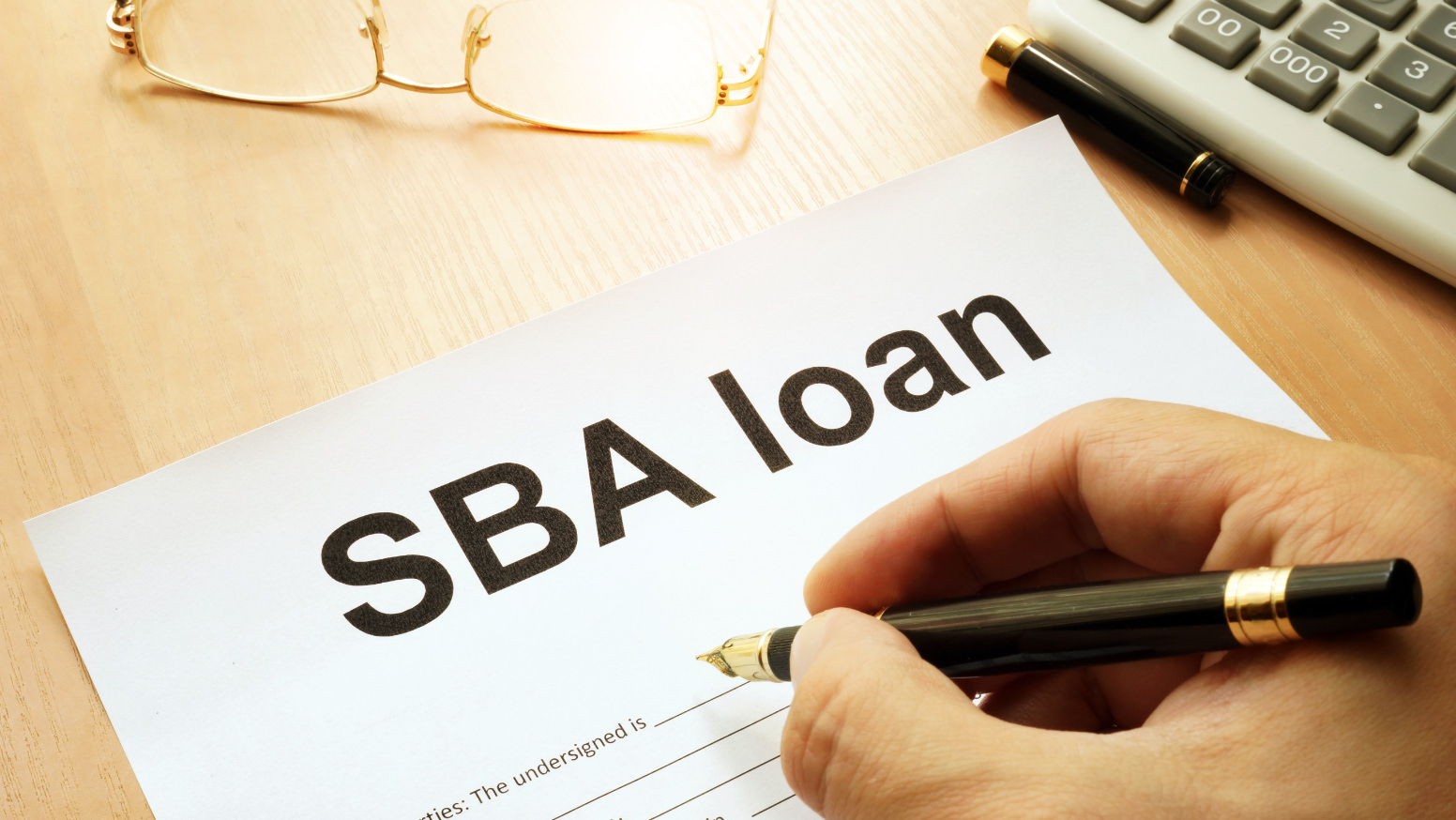Question. Can I Discharge my Defaulted SBA Loan in Bankruptcy?
Answer: With the exception of student loans, most government loans including SBA loans are routinely discharged in bankruptcy. Surprisingly, many debtors still believe that government loans cannot be discharged in bankruptcy. However, if a guarantor pledged any assets, whether business or personal, as additional collateral for the SBA loan, it is far from certain whether those liens will be eliminated by the bankruptcy discharge.
Bankruptcy, in general, will not eliminate a lender’s security interest in property. Because your bankruptcy discharge only wipes out your personal liability for your debts, your lender may still exercise their lien rights. This is true even while your bankruptcy is active, although your lender will have to seek relief from the bankruptcy court to do so. Should the SBA elect to do nothing during the bankruptcy, it can simply resume where it left off with its foreclosure action once the bankruptcy case has been concluded.
In Texas, however, a lender cannot require a borrower to pledge a lien on their personal residence because Texas homestead laws forbid it. So, while bankruptcy may not wipe out a lender’s lien on real property, the personal residences of Texas’ borrowers remains secure. However, the same cannot be said about investment real estate. Texas homestead laws will not stop a lender from placing a lien on other investment real estate owned by a personal guarantor. Nor will they prevent a foreclosure. Foreclosing on investment real estate to satisfy the remaining balance on an SBA loan happens all the time.
In conclusion, if you have pledged real estate to the SBA as a part of your personal guarantee, you would do well to carefully review this fact with your attorney. Bankruptcy may not be the answer. Fortunately, there are other options. The SBA will consider settlements under the SBA Offer in Compromise program.

